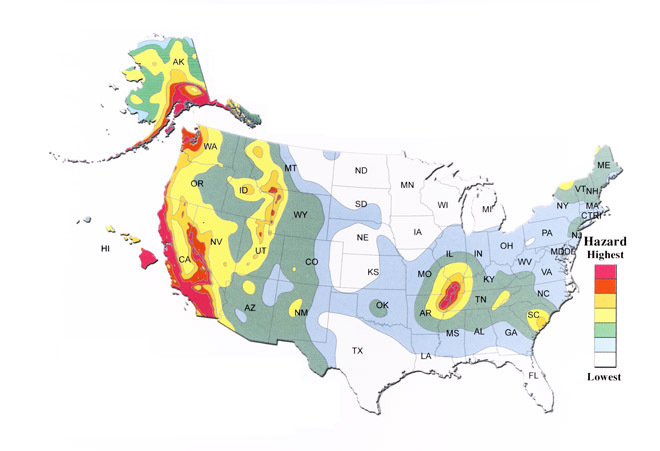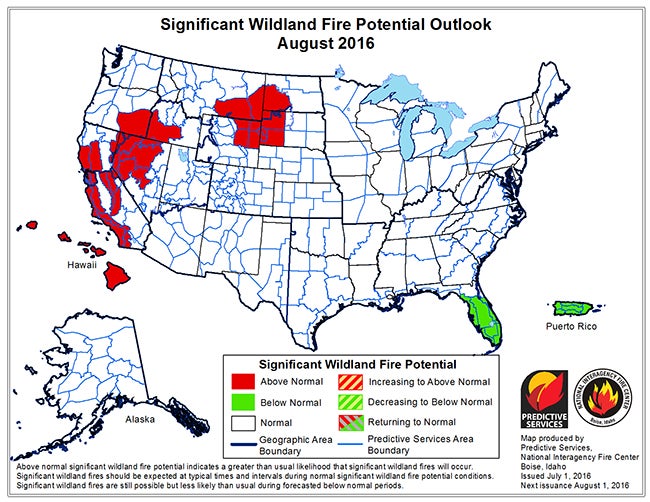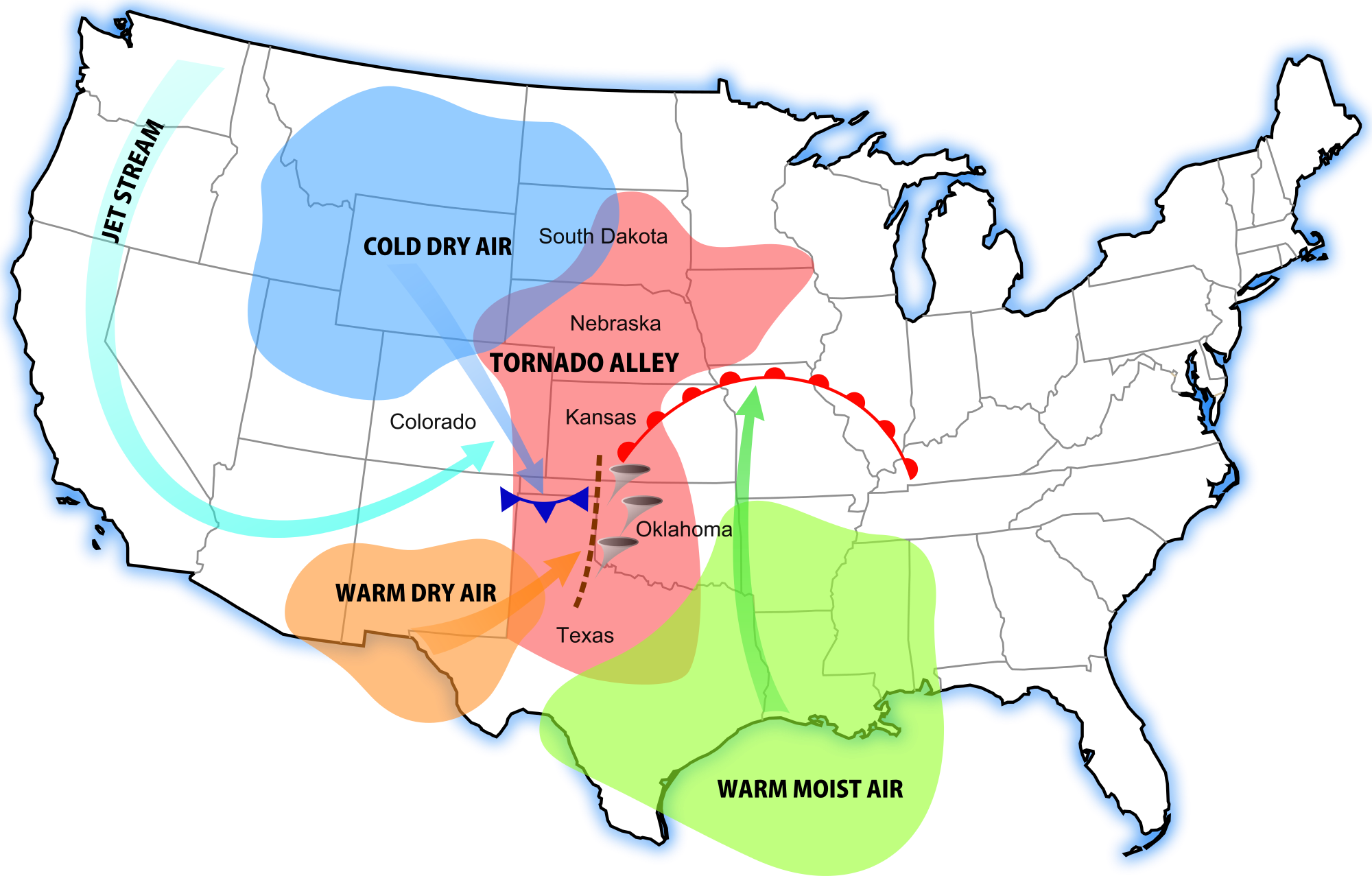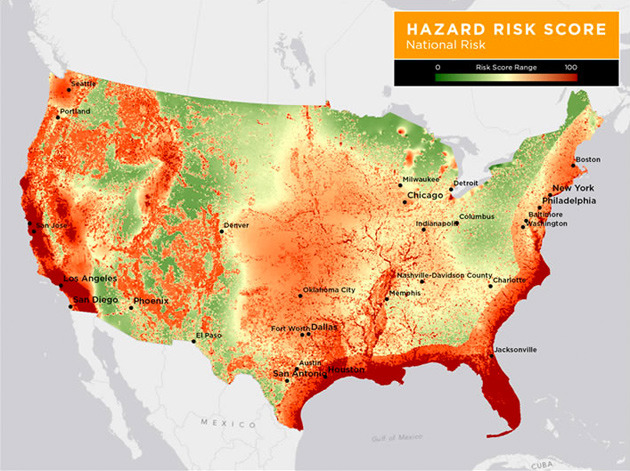accrete
Well-known member
- Joined
- Jan 25, 2013
- Messages
- 410
- Reaction score
- 0
I have been pondering this Q for a while and wanted to put it out there in hope of gathering input and opinions.
Here goes...
My wife and I are full time RV'rs like many in this forum. We are not extreme preppers by any definition. We do have sufficient supplies to carry us through most natural disasters that we might encounter on the Oregon Coast short of the really "Big One" in which case the only hope may be a submarine ; )
That said, my wife and I hold the position that many times the best place to be is "Home" rather than bugging out. Now our "Home" happens to be a maxed out 43ft toyhauler, which, when tanks are full has ~170gallons of water, ~60gal of non-ethanol regular for the geni, etc... So this home, opposed to our "Bug out vehicle" AWD Van, could theoretically keep us going for several weeks (and yes we have a level of prep for those around us less prepared so it's not all about my wife and I).
BUT... and here is my primary ponder...
What is the situation (we are talking hypothetical here) if we or our fellow van'ers are out on the road with the typical 2 to 3 weeks of supplies, and end up in an area that has no roadways available? The rig(s) are stuck where they are, supplies run low, the only place to go is some sort of "camp" ?
Politics and conspiracies aside, I really can't see myself or wife wanting to make the decision to march off to some gov.run camp.
Comments? Opinions? Solutions?
Thanks in advance for any input.
Thom
Here goes...
My wife and I are full time RV'rs like many in this forum. We are not extreme preppers by any definition. We do have sufficient supplies to carry us through most natural disasters that we might encounter on the Oregon Coast short of the really "Big One" in which case the only hope may be a submarine ; )
That said, my wife and I hold the position that many times the best place to be is "Home" rather than bugging out. Now our "Home" happens to be a maxed out 43ft toyhauler, which, when tanks are full has ~170gallons of water, ~60gal of non-ethanol regular for the geni, etc... So this home, opposed to our "Bug out vehicle" AWD Van, could theoretically keep us going for several weeks (and yes we have a level of prep for those around us less prepared so it's not all about my wife and I).
BUT... and here is my primary ponder...
What is the situation (we are talking hypothetical here) if we or our fellow van'ers are out on the road with the typical 2 to 3 weeks of supplies, and end up in an area that has no roadways available? The rig(s) are stuck where they are, supplies run low, the only place to go is some sort of "camp" ?
Politics and conspiracies aside, I really can't see myself or wife wanting to make the decision to march off to some gov.run camp.
Comments? Opinions? Solutions?
Thanks in advance for any input.
Thom







